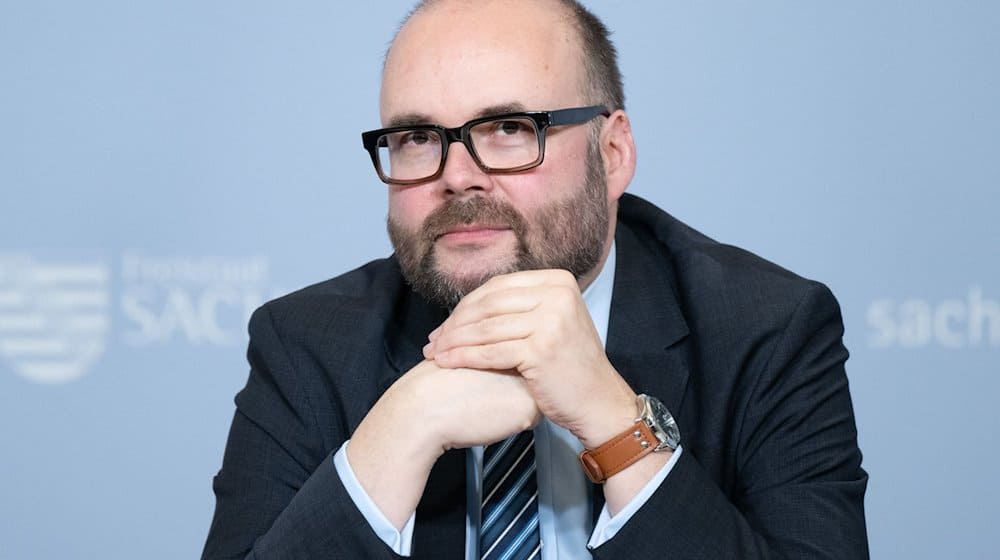Saxony's Minister of Culture Christian Piwarz (CDU) believes that the continuation of the digital pact for schools in Germany is at risk and that the federal government has a duty to act. He said in Dresden on Wednesday that it was currently uncertain whether the Digital Pact 2.0 would actually happen and if so, in what form. The digitalization of schools remains a major task for society as a whole. "We urgently need a clear statement on how to proceed with the digital pact." The federal states had already formulated their position in December 2022. In many places, they had been held up in the negotiations, had not received any concrete statements and were now up in the air.
Piwarz spoke of a hanging game. He said that the federal government was making demands that were hardly acceptable to the federal states. The federal government wants to have a say that it is not entitled to under the Basic Law. For example, the federal government wants teachers to have at least 30 hours of digital training per school year. "That may be a decent requirement. But with the best will in the world, it has no place in a contract between the federal government and the federal states." There are other "encroachments", all of which are at the expense of the federal states. "I can only very much hope that a predetermined breaking point is not built in here to get the federal states to say no."
The digital pact for the technical expansion of schools was launched in 2019 for five years with an initial five billion euros from the federal government, for example for the installation of school Wi-Fi or for the purchase of interactive whiteboards (smartboards). In the wake of coronavirus, the program was increased to 6.5 billion to fund tablets, laptops and administrators. In its coalition agreement, the coalition government had announced that it would launch a follow-up program with the federal states, a Digital Pact 2.0, which would run until 2030. This has now been the subject of tough negotiations for a long time. In principle, schools are a matter for the federal states and not the federal government.
Saxony received around 250 million euros in federal funding for the first digital pact. According to the Ministry of Culture, the state will require an additional 50 million euros per year for maintenance, support and replacement purchases from 2025. The devices would have to be replaced every five to seven years. All federal states face this challenge. Saxony expects these "perpetual costs" to be included in the new digital pact. That was the promise of the traffic light coalition. We have seen often enough in the past that the federal government puts money in the "shop window" for a "certain period of time" and then leaves the states and local authorities out in the cold with the follow-up costs.
Copyright 2024, dpa (www.dpa.de). All rights reserved










